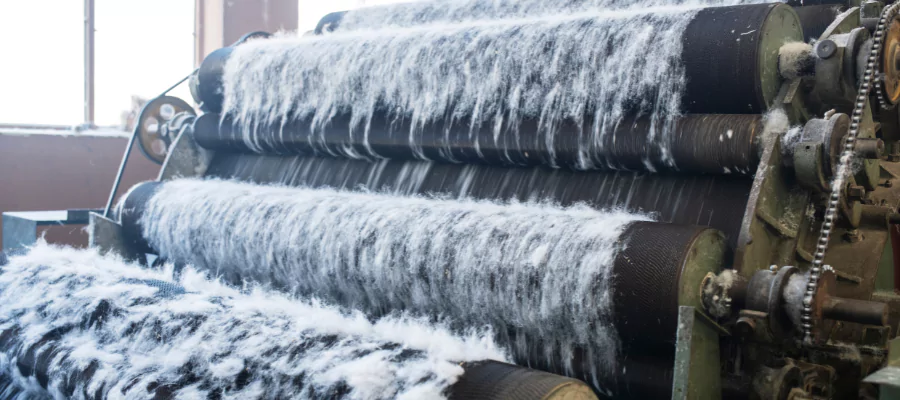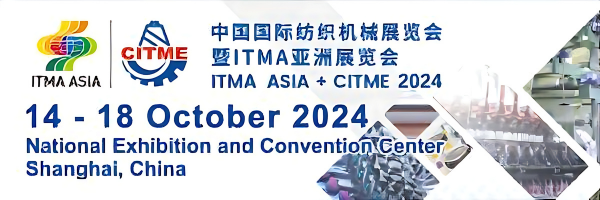Africa‘s vibrant fashion scene pulsates with color, creativity, and a growing awareness of environmental responsibility. However, the continent also faces a significant challenge: textile waste. The influx of fast fashion and secondhand clothing, coupled with limited recycling infrastructure, is creating a mounting environmental and social burden.
This article delves into the complexities of textile and fashion recycling in Africa, exploring the problems, innovative solutions, and the potential for a more sustainable future.
The Rise of Textile Waste: A Double-Edged Sword
Africa’s booming secondhand clothing trade, often referred to as “Mitumba” in Kenya and Tanzania or “Okrika” in Nigeria, caters to a population seeking affordable and trendy styles. This trade offers economic benefits, providing employment for millions involved in sorting, selling, and even repurposing used garments.
However, the sheer volume of imported clothing, much of it low-quality and nearing the end of its lifespan, creates a significant waste disposal problem. According to Greenpeace Africa, an estimated 200 tons of textile waste end up in African landfills daily.
This not only consumes valuable land space but also poses environmental threats. Synthetic fabrics, prevalent in fast fashion, release harmful chemicals during decomposition, polluting water sources and soil. Additionally, the burning of textile waste releases toxic fumes, impacting air quality and public health.
Beyond Landfills: The Ripple Effect of Textile Waste
The consequences of textile waste extend beyond overflowing landfills. The chemicals used in dyeing and processing synthetic fabrics can leach into waterways, harming aquatic ecosystems and contaminating drinking water. Microplastics, tiny fibers shed from synthetic clothing during washing, are finding their way into oceans and the food chain, posing a threat to marine life and potentially human health.
Furthermore, the informal sorting and processing of used clothing often occur in hazardous conditions. Workers lack proper protective gear and training, exposing them to harmful dust and chemicals. This highlights the need for a more formalized and responsible approach to managing textile waste in Africa.
The Peril of Fast Fashion: A Global Problem with Local Repercussions
The rise of fast fashion, characterized by cheap, trendy clothing with short lifespans, is a major contributor to textile waste globally. While offering affordability, it fosters a culture of overconsumption and disposable fashion. The constant influx of cheap, secondhand garments from Western countries can also stifle the growth of local textile industries in Africa. Consumers may opt for these readily available, inexpensive options over higher-quality, locally produced clothing.

A Broken Thread: The Impact on Local Garment Industries
The dominance of secondhand clothing imports can have a detrimental effect on local textile production and garment manufacturing in Africa. Traditional skills and techniques associated with textile production can be lost if local industries struggle to compete with cheap imports. This not only hinders economic development but also weakens the cultural heritage and identity embedded in traditional textiles.
There are, however, success stories showcasing the potential of local garment industries. Brands like Ghana’s “Kitenge Clothing” and Nigeria’s “Iro and Buba” are revitalizing traditional textiles with a contemporary twist, demonstrating the viability of a sustainable and culturally relevant fashion industry in Africa.
Challenges to Textile Recycling: Infrastructure and Innovation Gaps
The textile recycling landscape in Africa faces several hurdles. Limited infrastructure makes it difficult to establish and maintain efficient recycling systems. Sorting, shredding, and repurposing textiles require specialized equipment and expertise, often lacking in many African countries. Additionally, the current recycling technology often struggles with blended fabrics, a common feature in modern clothing.
The informal sector plays a crucial role in waste collection and sorting. However, these workers often lack proper safety gear and operate in hazardous conditions. Investing in training, protective equipment, and formalizing these jobs can significantly improve working conditions and safety standards. Additionally, integrating the informal sector into formal recycling systems can create a more efficient and sustainable waste management model.

















